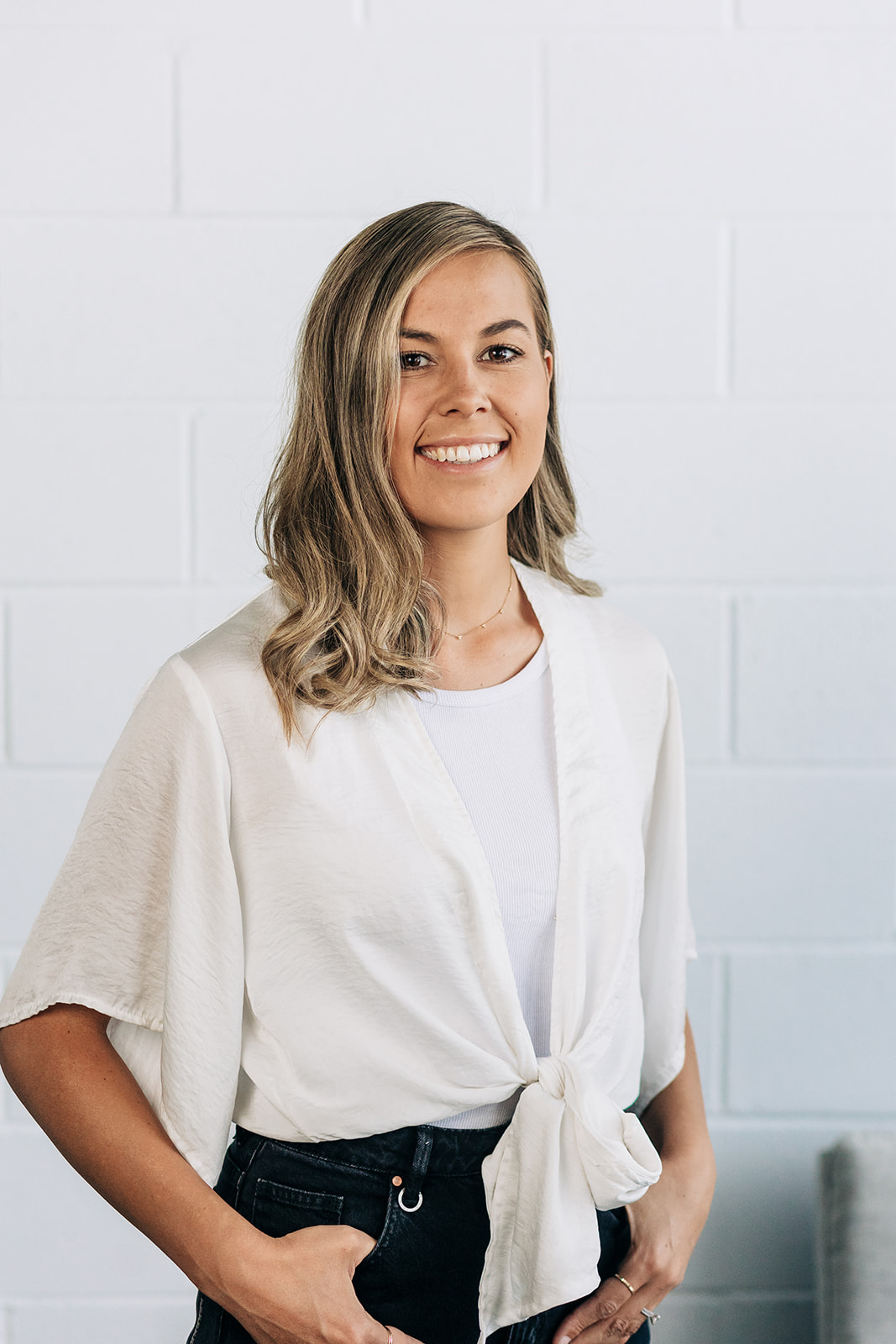Couples therapy can feel like a big step, and it’s normal to have a lot of questions. Here’s a breakdown of some of the most common things people ask before booking a session.
Do we need a referral to see a couples therapist?
No, you don’t need a referral. You can book directly through our website whenever you’re ready to start.
How many sessions will we need?
This really depends on what’s happening in your relationship. Usually, the first 2-3 sessions focus on understanding your relationship and setting a treatment plan. Some couples find that short-term therapy (6-10 sessions) is enough to make meaningful change, while others need longer-term support. Your therapist will guide you through what’s best for your situation.
Is couples therapy only for relationships in crisis?
Not at all. Couples therapy can be helpful at any stage—whether you’re struggling with communication, feeling disconnected, or just want to strengthen your relationship. It’s also a great way to proactively work on your connection before problems arise.
What happens in the first session?
The first session is about getting to know each other. You and your partner will share what’s brought you to therapy, discuss any concerns, and start identifying patterns in your relationship. Your therapist will guide the conversation and help set some initial goals.
What do couples talk about in therapy?
Every couple is different, but common topics include:
- Improving communication
- Navigating conflict
- Strengthening emotional and physical intimacy
- Managing stress and life transitions
- Building trust and understanding past wounds
What if I don’t like my therapist?
A strong connection with your therapist is important. If you don’t feel comfortable after the first few sessions, it’s okay to talk about it or ask to see someone else. The right fit makes all the difference.
How do I convince my partner to try therapy?
Start with a conversation about what therapy could offer, rather than framing it as a fix for problems. You might say something like, “I think therapy could help us communicate better and understand each other more.” If they’re hesitant, suggest trying just one session together to see how it feels.
Why do people avoid couples therapy?
Some people worry about being blamed or judged, but therapy isn’t about taking sides. Others think therapy is only for relationships in crisis, but it can actually help strengthen communication and connection at any stage. Often, fear of change or cultural beliefs about keeping relationship issues private can also hold people back.
What is Marathon Couples Therapy?
Marathon sessions are intensive therapy sessions that take place over 2-3 days. They’re great for couples who want to make significant progress in a short time, especially if you have a busy schedule or need urgent support.
Do you see same-sex couples?
Yes! We welcome all couples, regardless of gender or sexual orientation.
What if we don’t have a clear issue but something feels off?
You don’t need to have a specific problem to start therapy. Many couples come in simply because something feels a little off, and therapy helps them explore what’s going on and set goals.
Should we wait until life calms down to start therapy?
Not necessarily. If you’re dealing with stressors like a new baby, a family health crisis, or work stress, therapy can actually help you navigate those challenges together instead of waiting for things to settle.
Can we do couples therapy if one of us is in individual therapy?
Yes! Individual therapy can help with self-awareness and emotional regulation, which can be beneficial for couples therapy. If needed, your therapists can coordinate (with your consent) to ensure the best approach.
Can couples therapy help with open relationships?
Absolutely. Therapy can help couples navigate boundaries, communication, and expectations in a way that feels healthy for everyone involved.
Are there times when therapy isn’t the best option?
In some cases, couples therapy might not be the right approach—such as when there is ongoing domestic violence, untreated severe substance addiction, or an undisclosed affair. In these situations, individual therapy or specialised support may be a better first step.
What is Gottman therapy, and how does it help?
Gottman therapy is a structured, research-based approach to couples therapy that focuses on improving communication, reducing conflict, and strengthening relationships. It’s based on decades of research into what makes relationships succeed or struggle.
Should we choose traditional couples therapy or a marathon session?
Traditional therapy involves weekly or fortnightly sessions, allowing couples to work through issues gradually. Marathon therapy is a deep-dive over 2-3 days, ideal for couples who want faster results. Your therapist can help determine which is best for you.
Can therapy help us decide if we should stay together or separate?
Therapy isn’t about forcing a couple to stay together or separate—it’s about clarity. If one or both partners are unsure about the relationship, discernment counselling can help explore whether to work on things or move toward separation. If separation is the best choice, therapy can help navigate the process with understanding and respect.
What if my partner already wants to leave but agrees to try therapy first?
Therapy can still be helpful. If one person is ready to leave while the other wants to stay, therapy offers a space to openly discuss what led to this point, what each person needs, and whether a respectful, amicable separation is the best option. Sometimes, therapy helps couples realise they still have something to work on. Other times, it helps them part ways with less conflict.
Other resources:
Is couples therapy right for your relationship
Why do some people avoid couples therapy
Still have questions?
We’re here to help. If you’d like more information or want to book a session, reach out anytime!









Recent Comments